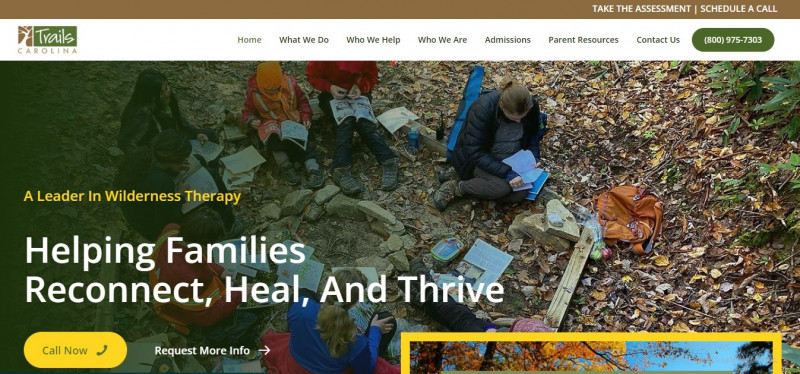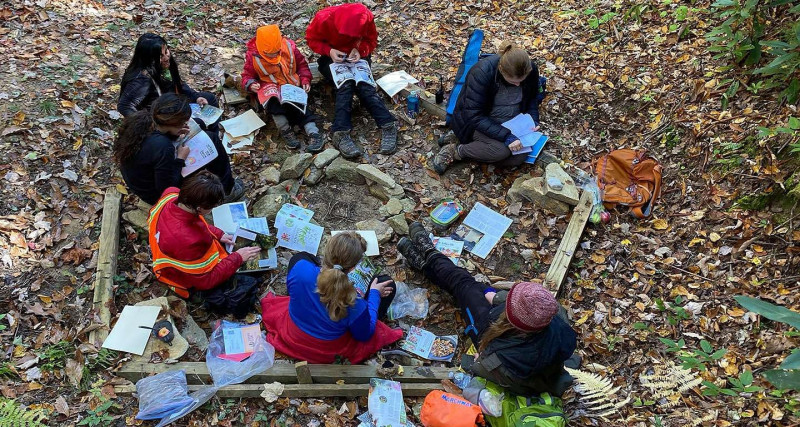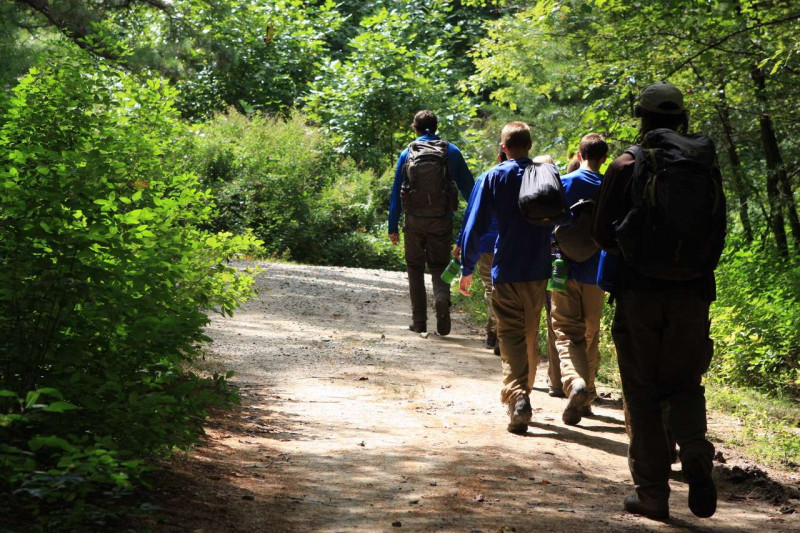
Trails Carolina, a renowned wilderness therapy program for troubled youth, has recently been the subject of a comprehensive investigation that has brought to light a series of troubling allegations. This article will delve into the Trails Carolina investigation, exploring the allegations, the program's response, and the broader implications for the wilderness therapy industry.
The Allegations: A Disturbing Narrative

The Trails Carolina investigation has revealed a disturbing narrative of alleged mistreatment and neglect. Former staff members and participants have come forward with accounts that include:
- Emotional Abuse and Neglect: Participants and staff reported instances of verbal abuse, humiliation, isolation, and manipulation by Trails Carolina's staff and therapists. Plus, every individual claimed they were deprived of basic necessities such as sufficient food, water, clothing, shelter, medical care, and hygiene.
- Physical Challenges and Punishments: Shockingly, former staff members and participants recounted being subjected to harsh and arbitrary punishments. This included being forced to carry heavy rocks, dig holes, or endure prolonged periods of silence, all at the hands of program staff and therapists.
- Unsafe and Unsanitary Conditions: The investigation exposed students to unsafe and unsanitary conditions in the wilderness. This included sleeping in tents infested with bugs or rodents, drinking contaminated water, and using makeshift toilets. Reports of injuries sustained during outdoor activities like rock climbing and hiking have also been documented.
- Lack of Transparency and Coercion: Allegations suggest that students were coerced or pressured into signing contracts, waivers, or testimonials that waived their rights or praised the program. Beyond that, students claimed that they were prevented from contacting their families or authorities.
Trails Carolina's Response: Defending the Program
Amidst these serious accusations, Trails Carolina has strongly refuted any misconduct. Graham Shannonhouse, the head of the program, defended it in a statement, calling it safe, ethical, and effective. The probe, according to Shannonhouse, was founded on "unsubstantiated claims" made by a "handful of disgruntled former employees and participants" who had "ulterior motives."
Trails Carolina Investigation

The Trails Carolina investigation has broader implications that extend beyond the specific allegations against the program. It has exposed critical issues within the wilderness therapy industry, including:
- Lack of Regulation: The wilderness therapy industry operates with minimal oversight and regulation, leaving room for potential misconduct and abuse.
- Ethical Concerns: Many wilderness therapy programs target vulnerable populations, employ aggressive marketing tactics, and charge exorbitant fees, raising ethical concerns.
- Transparency and Accountability: The investigation has highlighted the need for greater transparency and accountability within the industry and the importance of independent research on the effectiveness and safety of wilderness therapy programs.
What happened at the end of the Trails Carolina investigation?
The Trails Carolina investigation serves as a stark reminder of the importance of scrutinizing wilderness therapy programs and the broader wilderness therapy industry. It underscores the need for reforms, increased regulation, and ethical practices to ensure the safety and well-being of vulnerable participants.
To make an informed decision, families and people thinking about participating in wilderness treatment programs should do extensive study, visit facilities when feasible, and consult with professionals. The claims made against Trails Carolina and the investigation that followed have sparked an important discussion about the future of the industry, with a focus on participant safety, accountability, and openness.
















